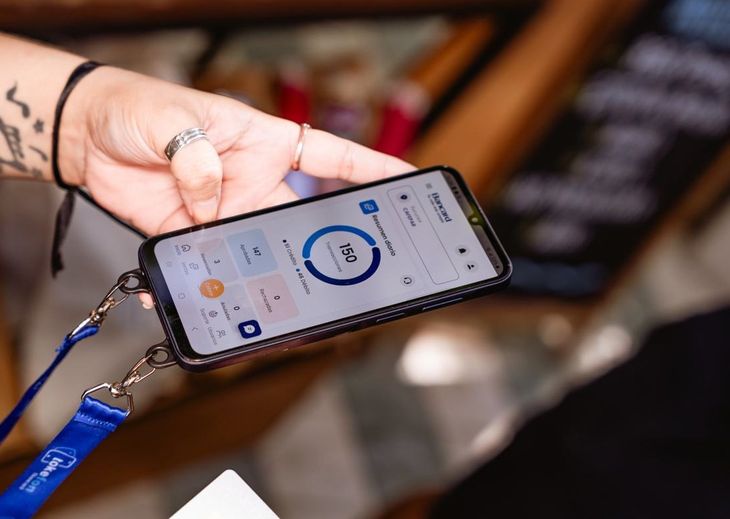The Central Bank of the Argentine Republic (BCRA) presented an ambitious plan for 2025, focused on macroeconomic stability and financial modernization. Among the priority objectives are the sustained reduction of inflation, the strengthening of the demand for money, and the progressive elimination of exchange restrictions, with a view to a total unification of the exchange market.
Currency competition and exchange rate flexibility
The BCRA plans to continue adapting its regulatory framework to enable commercial transactions in any currency that the parties choose. This approach is part of the “currency competition” scheme, promoted by the Javier Milei administration. In addition, he anticipates that next year a more flexible exchange rate will be implemented, conditional on low inflation and a fiscal surplus as an economic anchor.
The complete lifting of the exchange rate will depend on the recomposition of net international reserves. To this end, the Central Bank considers essential a new agreement with the International Monetary Fund (IMF) or strategic alliances with private investors.
dollar investments live markets finances
In line with the policies announced by the government, the BCRA confirmed that it will reduce the pace of monthly devaluation of the exchange rate (crawling peg) from 2% to 1%.
Depositphotos
Crawling peg and stability
In line with the policies announced by the government, the BCRA confirmed that it will reduce the pace of monthly devaluation of the exchange rate (crawling peg) from 2% to 1%.
This adjustment seeks to guarantee stability, avoiding abrupt inflationary pressures while the fiscal scheme is consolidated.
Credit reactivation and regulatory reforms
Bank credit to the private sector registered a real increase of 80% in the second half of 2024, and this trend is expected to continue in 2025, driven by lower levels of inflation and a more dynamic regulatory framework. The policies of the Large Investment Incentive Regime (RIGI) and the elimination of distortive regulations contribute to this growth.
Likewise, the BCRA is working on adapting its regulations to the Basel IV framework, incorporating global standards that adjust to the particularities of the Argentine financial system. This strategy seeks to strengthen the resilience and competitiveness of the banking sector.
Innovation in payment methods
In the field of electronic payments, the Central Bank will advance with new technologies to promote interoperability and security. Among the most relevant developments is the implementation of transportation payments using QR codes, which will allow digital wallet users to make transactions more easily throughout the country.
Tokefon.jpeg

The Argentine fintech PayGoal landed in Paraguay with the recent launch of Tokefon, from Bancard, which uses its Tap To Phone technology.
The standard “Travel with Transfer” (VCT) scheme will eliminate the need to acquire specific cards for each means of transport, integrating interoperable digital wallets. Initially, payment with money on account will be allowed, and in later stages, card payments using QR codes will be enabled.
Outlook for 2025
The BCRA is optimistic regarding the evolution of the economy, with expectations of expansion in economic activity, lower levels of inflation and greater financial inclusion.
However, the challenges include maintaining fiscal balance, guaranteeing credibility in the reforms and consolidating international reserves to meet the established objectives.
Source: Ambito
I am Pierce Boyd, a driven and ambitious professional working in the news industry. I have been writing for 24 Hours Worlds for over five years, specializing in sports section coverage. During my tenure at the publication, I have built an impressive portfolio of articles that has earned me a reputation as an experienced journalist and content creator.




